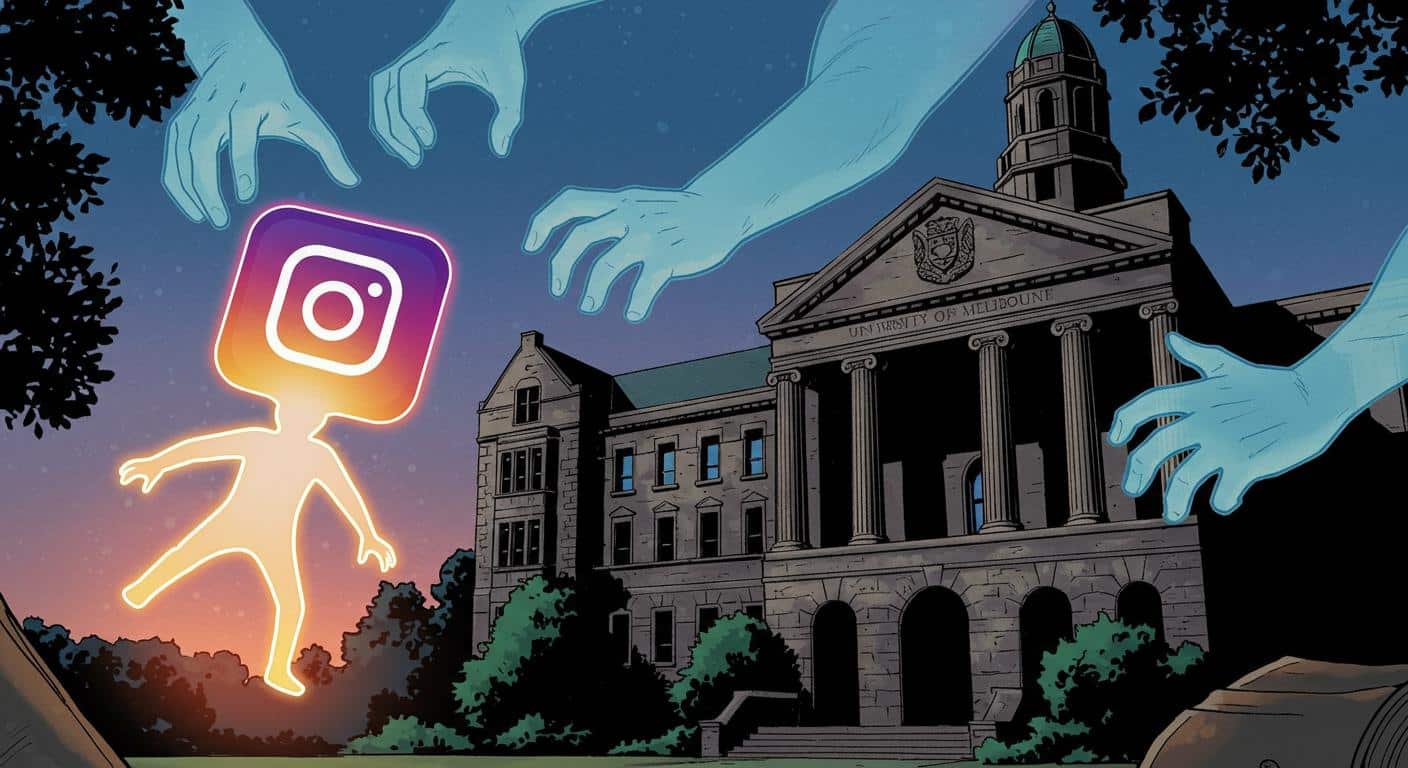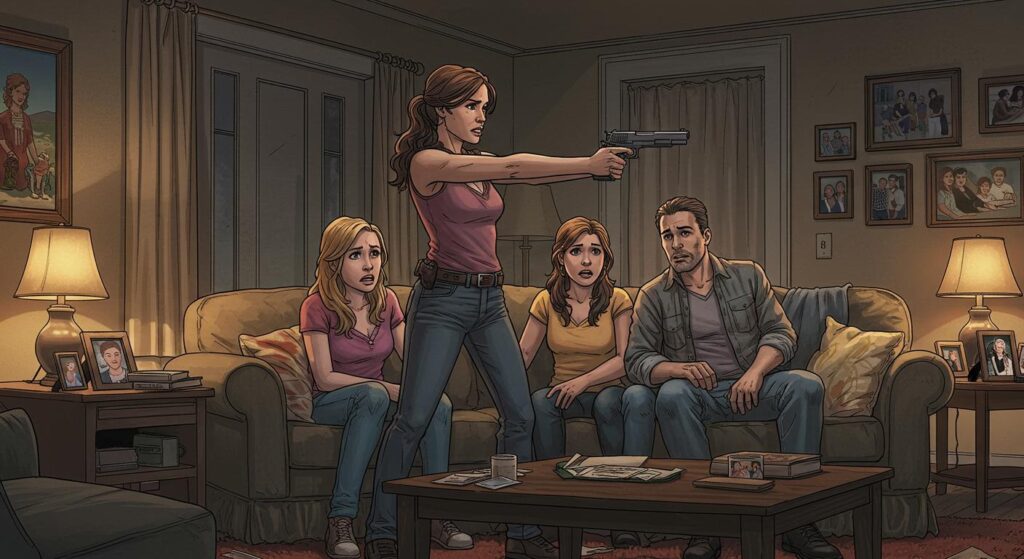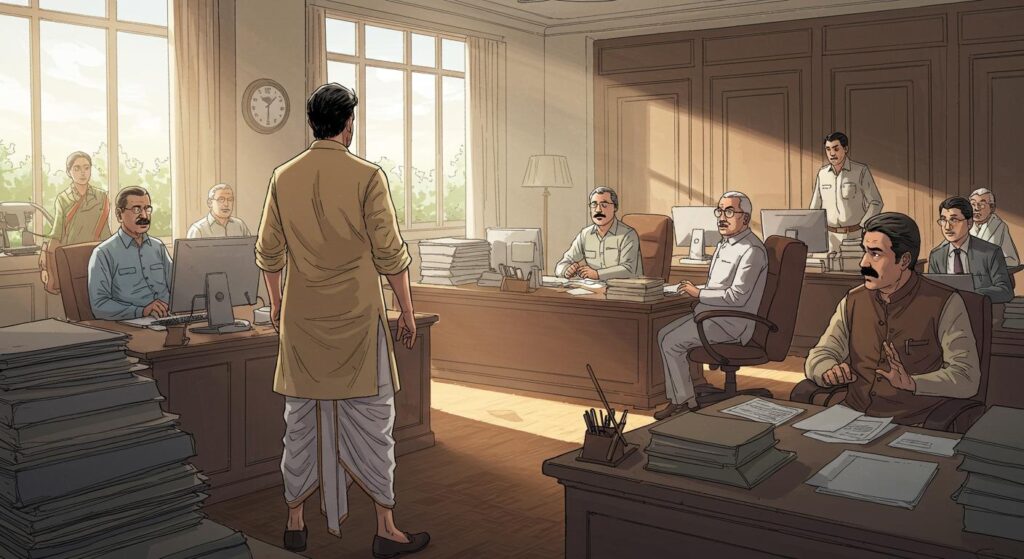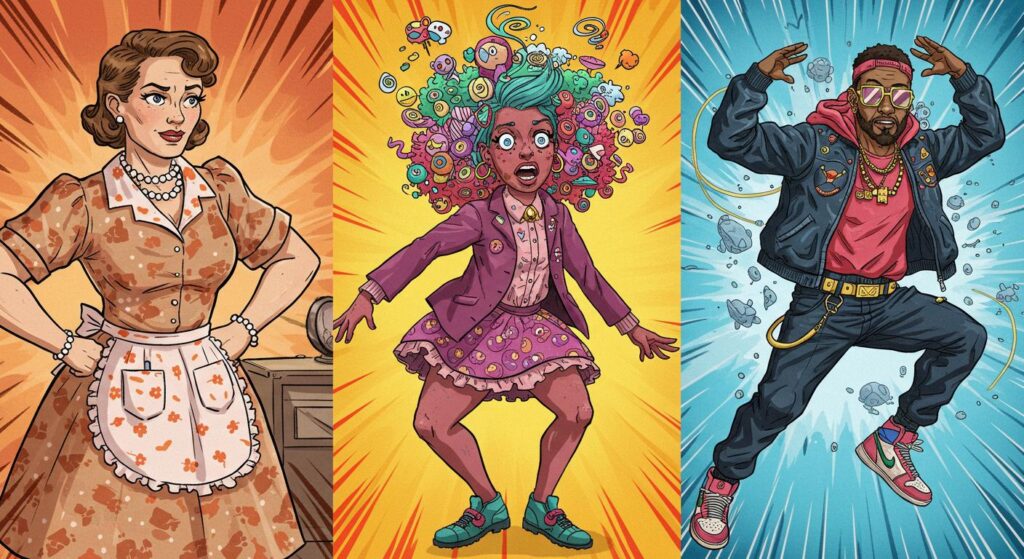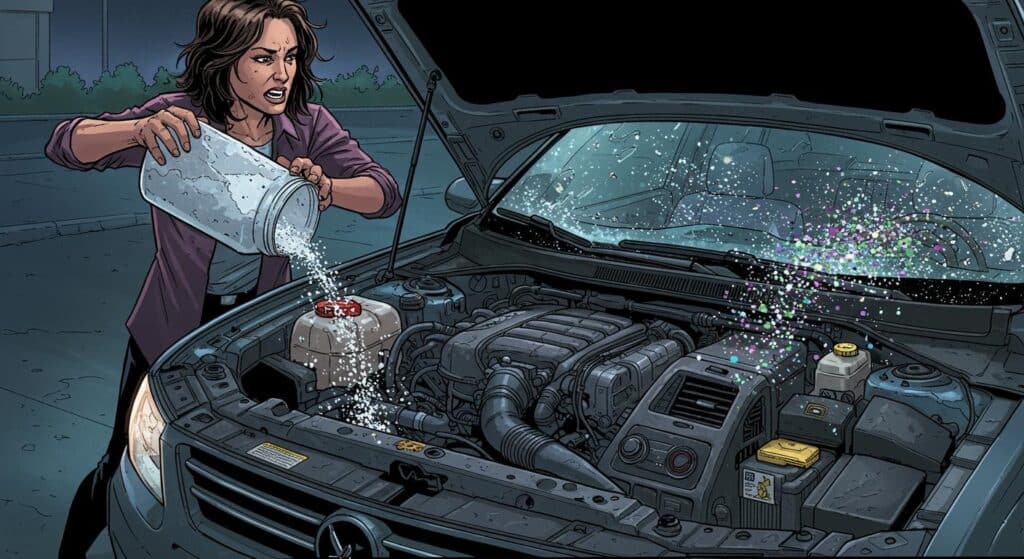If you’ve ever wondered where the intersection between intellectual property rights and campus self-enjoyment memes might lie, wonder no more: The Guardian reports that the University of Melbourne has successfully lobbied Instagram to suspend a cheeky student-run account “dedicated to ‘gooning’ on campus”—that is, marathoning masturbation—with a trademark complaint. File this one under “phrases I never expected to type,” but here we are.
Raising the (Trademark) Bar
According to the report, the page in question—dubbed the “University of Melbourne Gooning Club”—delighted in posting satirical memes riffing on the campus experience through the lens of, well, solo endeavors. One post (which is now deleted) described the “best room to goon in on all of campus” and managed to rack up more than 12,000 likes. That suggests a certain enthusiasm for campus-based meme culture, if nothing else.
University officials, as detailed in The Guardian, were not nearly as amused. A spokesperson indicated that as soon as they became aware of the account through their regular digital monitoring, the university quickly moved to report the alleged infringement of their intellectual property—namely, the name and an edited logo that transformed “The University of Melbourne” into “The University of Melbourne Gooners.” The rapid response from university administration, combined with the prompt reaction from Instagram (Meta), meant the account vanished in a matter of hours.
While legal grounds focused on trademark use, a university representative also emphasized their commitment to “eliminating and preventing sexual harm in our community,” urging anyone affected to contact their safer community program. Interestingly, they found no evidence of university staff or students being directly involved with the account.
Going Viral, Getting Banned
The outlet notes that the account’s ambitions extended beyond memes. An actual petition sprang up, petitioning for a “gooning room” on campus—a suggestion that seems aimed squarely at absurdist satire, though, with internet humor, sincerity and parody can be difficult to untangle. One can only speculate just how seriously anyone took the prospect.
After the takedown, a Reddit post appeared with a suspension notice attributed to Meta, showing that the ban originated from a third-party complaint—specifically, the university’s official social media account. The user claiming to have started the club thanked followers and announced plans to relaunch a broader, cross-university version of the “Gooning Club.” The resilience is almost impressive, if not the club’s primary undertaking.
The Guardian also observes that the club was never an official branch of the university’s student union. This was ephemeral, online-only student culture through and through.
Taking Satire Seriously?
The university’s invocation of sexual harm prevention in connection with a meme account about self-pleasure is striking, if not a little surreal. Does a satirical Instagram page dedicated to this flavor of content really pose a threat to wellbeing, or was trademark mischief the primary offense? For legal maneuvering, trademark protection remains the tidy way for institutions to yank embarrassing logos or branding off the internet, even if the underlying content is more or less juvenile mockery.
The statement encouraging affected individuals to utilize the “safer community program,” as noted by the report, makes for a curious juxtaposition against the club’s stated goal of, paraphrasing, “more time to goon.” Is the deeper concern about perception, or just about brand hygiene?
There’s a certain irony in seeing an institution scramble to assert its brand in a setting where student-run meme accounts, often living and dying by the algorithm, can wield such visible influence. When the joke becomes too public, out comes the official response—and maybe, somewhere in a boardroom, a PowerPoint about “digital risk mitigation” receives an unscheduled update.
The Inevitable Reboot
The episode certainly won’t be the last time a university crosses swords with irreverent student humor. As history (and the internet) relentlessly demonstrates, if there’s an off-color campus meme, it will spread. Already, plans are forming for a multi-campus club that likely sidesteps the university’s trademark.
So, as ridiculous as it sounds, this is, in its own way, a classic skirmish between institutional reputation and the freewheeling spirit of student folklore. Who really wins these battles? Can a trademark complaint ever outpace a determined meme? In the end, a prestigious university briefly found itself defending its image not against research fraud or academic scandal, but against a masturbation meme page.
Is this a sign of our times, or simply the latest round in an infinite campus tug-of-war? Either way, it’s hard not to marvel at where the bright ideas of brand management and the darker arts of meme-making finally meet.

